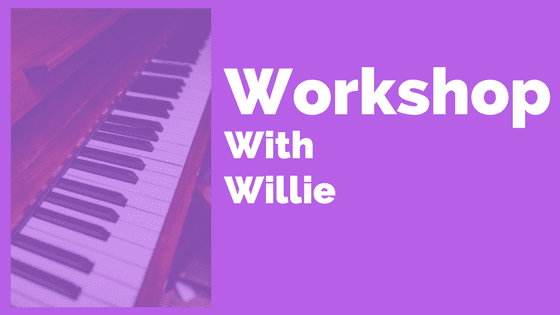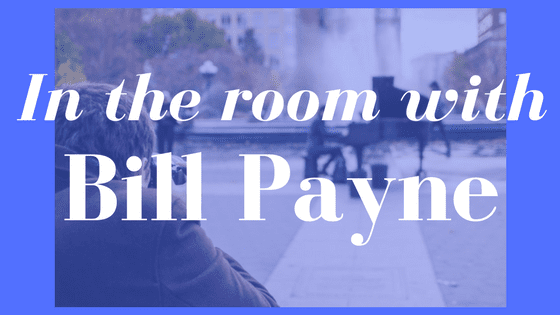Grammy-nominated composer John Lurie is perhaps best known for his saxophone playing in the downtown NYC outfit The Lounge Lizards, a fixture of the Big Apple’s avant-garde jazz scene in the 1980s and ‘90s, and a darling of the European festival circuit. When not leading the extended ensemble, Lurie moonlighted in his eponymous National Orchestra, a trio featuring two percussionists and wildly innovative, improvised instrumental pieces. Recordings, both studio and live, from the John Lurie National Orchestra have been compiled into a recently released album, The Invention of Animals, that showcases a 20-minute title track. Lurie was kind enough to join us via email for a conversation about the practice of practice.
What is your earliest recollection of practicing an instrument?
Practicing and learning how to play something are two different things, are they not? My earliest memory is from when I was around 15 and trying to get one note at a time on the harmonica.
From that earliest experience what encouraged, rather than discouraged, you to want to continue playing?
Evan (Lurie, John’s brother) and I were obsessed with Little Walter. What he (Walter) had done with this simple country instrument. I was so moved by his playing and wanted to try and do the same thing.
Also, I started late and no one was telling me to practice or I never would have done it. There are local music teachers in the Minneapolis and New Orleans area that have no idea how lucky they are.
You suggested a difference between learning and practicing. Can you expand on your idea of what one should understand as the difference between practicing and learning?
Once you are somewhat adept at your instrument, so that an actual pleasant sound comes out of it instead of a horrible noise, then you begin to move around on it a bit. Play some scales. Try to imitate something you heard that you liked.
You are a multi-instrumentalist, mostly known for saxophone, but you have talked about harmonica, and I know you play guitar and percussion as well. Were these instruments you would be practicing simultaneously or did each occupy a certain time and space in your life?
I was never practicing them at the same time. With the saxophone I would always try to practice for an hour a day. No matter what was going on in my life. Of course, this isn’t always possible.
With harmonica, if I was going to play it on a film score or on the Marvin Pontiac record, I would not exactly practice it, but pick it up and make sure I had my thing together. Saxophone is physically challenging in a way. Not like it is physically difficult but if you play every day, your tone just gets so much stronger and if you don’t play it sounds not so good very quickly.
What was a hurdle for you in your development as a musician prior to being a professional, and how did you overcome it?
There are so many. But one thing I would suggest is that people starting out, who think they want to continue, make sure they have a decent instrument. That there is nothing wrong with what they are using, at the very least. Because if your horn is leaking, your tone will never be good. If your guitar neck is warped…, you get the idea. Have someone who knows how to play look at what you are using.
You are a composer, so you understand structure, arrangement, the musical foundations, etc. yet you are known equally if not more for avant-garde or ‘out’ playing. At what point in a person’s development do you recommend breaking from convention and exploring ‘out’ or innovative ideas?
I honestly would say that the first time you pick the thing up, you should ask yourself, ‘What is this? What can it do? I know what other people have done with it but how does it suit me? What do I imagine can come out of it?’ And most importantly, ‘What can I do with it right now?’
The Invention of Animals features a lot of improvising. Can improvisation be practiced?
I don’t know. I don’t really understand how it works. You have to be able to use your instrument without thinking. So you have to practice to be able to let things flow out of you, otherwise it is like trying to type using your toes. You can do it but it’s slow and clunky. You know what you are thinking but your toes can’t keep up with what your mind wants to say.
Is there a high point on the record for you?
There are parts of the title track, where we are so enmeshed in each other that it sounds like a waterfall to me. And during a phase where I had not been playing regularly, it could never have sounded anything like that.
Can you recommend some essential listening for our readers?
I will just give you the first two that popped into my head: Astor Piazzolla’s Zero Hour and
John Coltrane’s Live at Birdland.
Written by Jazzedge team member Larson Sutton.


